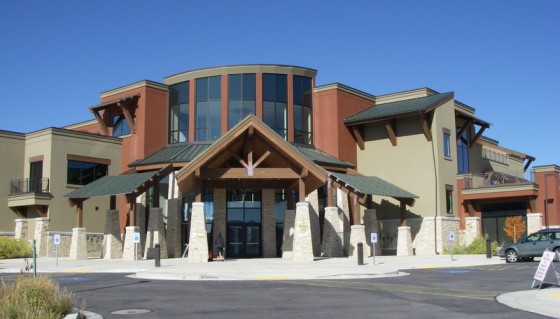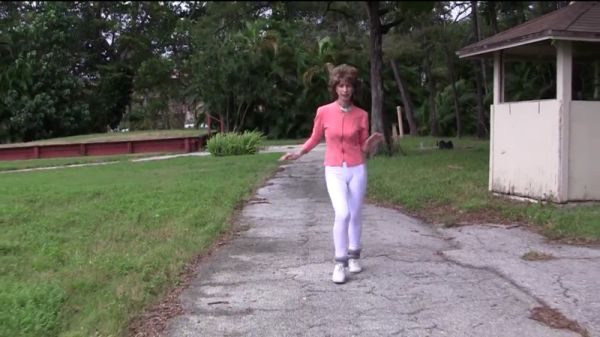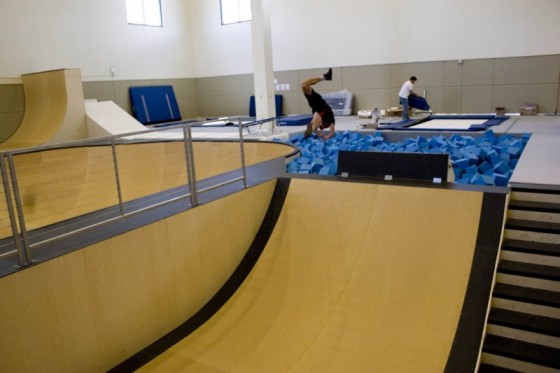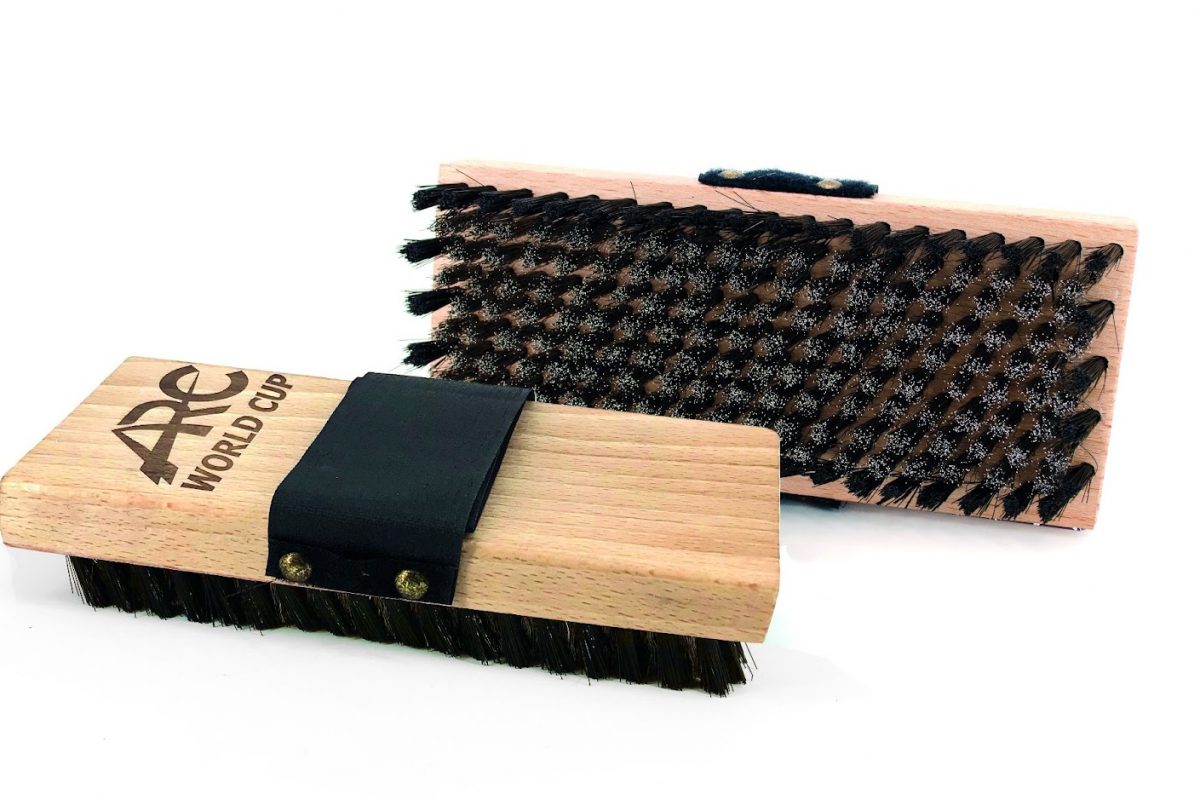
PARK CITY, Utah — In a surprise move, U.S. Ski and Snowboard Association (USSA) President Tiger Shaw announced Wednesday that the state-of-the-art Center of Excellence in will be put up for sale.
Dispelling rumors about fiscal constraints, he said, “It’s not about making the mortgage” of the 85,000-square-foot facility. “Nobody wants to be indoors two or three times a week, especially in summer,” Shaw said. “They’d rather be outdoors.”
In an early morning press conference covered only by FasterSkier, Shaw explained that, effective May 1, Prancercise will replace traditional strength training for all USSA athletes. Prancercise is an exercise regimen combining rhythmic dance movements with ankle weights, “similar to a horse’s gait and ideally induced by elation,” according to creator Joanna Rohrback. USSA aims to use it for both aerobic and endurance strength training.

“Weight lifting is so 2010,” USSA Executive Vice President Luke Bodensteiner said. “It’s hard on the athletes’ joints. We’re coaching our athletes to be quick and light on their feet, and lifting could get them big and bulky instead. Prancercise is the training of the future.
“Let’s face it. We’re in the business of outdoor sports,” Bodensteiner added. “You’re not going to get used to the weather by training indoors two sessions a week.”
As for treadmill and other methods of VO2-Max testing, those can be gauged based on “feel and intuition” he explained, just like Prancercise.
The move was spurred in part by the revelation that 41-year-old Sergei Dolidovich replaced not only weight training, but also rollerskiing, with Prancercise. The ageless Belarusian placed fourth in the recent Holmenkollen 50-kilometer freestyle mass start.
U.S. Nordic Combined Head Coach Dave Jarrett supported the move.
“Studies have shown that the combination of ankle weights and dynamic movement enhance skate technique, especially with the low-swing weight of the new skis,” he said.
Instead of the moderate ankle weights typically used in Prancercise, USSA has reportedly ordered 12 dozen pairs of 50-pound ankle weights.
An Alaska Pacific University (APU) skier, who wished to remain anonymous, expressed doubts about Prancercise, saying she would continue to lift weights at the Anchorage-based team’s gym. “If it ain’t broke, I’m not fixing it,” she said.
But many skiers have bought into the change.
“I can’t wait to get into it,” Newell said of Prancercise. “I’ve canceled my April surf trip this year. Instead, I’m going to work on my Prancercise technique up and down the trails at Stratton.”

Instead of Prancercise, U.S. Ski Team Head Coach Chris Grover opted to refer to it as “moosehoofing improv” or “V3 creative combo.”
“We’ve already developed a program to integrate this type of organic training into our summer dryland camps,” Grover said in a phone interview. “At the June camp in Bend, athletes will ski in the morning and skip-and-glide across pavement downtown in the afternoon.”
Even the annual Climb to the Castle up New York’s Whiteface Mountain will be affected by the change. “This fall, the Climb to the Castle will be a creative-combo foot race rather than a rollerski-drag race to the top,” Grover said. “Level-four Prancercise will be just as intense as a bounding session, with much lower impact on the athletes’ joints.”
The Canadian National Team isn’t so sure.
“I’ve never heard of it,” Cross Country Canada High Performance Director Tom Holland said.
After watching a YouTube video on Prancercise, Holland reacted, “You can count on our team absolutely not doing that. We’ve got a formula that works, and I don’t foresee us adding any kind of horse prancing into our regimen.”
Canadian National Team Head Coach Justin Wadsworth said he was eager to observe the U.S. Ski Team Prancercising at its annual camp in Bend, Ore.
“Hey, we’ve done some things other teams called ridiculous,” Wadsworth said. “We probably shouldn’t knock it until we try it.”
For more information, click here.
Peter Minde
Peter Minde is a FasterSkier contributor and personal trainer specializing in functional strength and corrective exercise. Whether skiing, trail running, or cycling, he’s always looking to see what’s at the top of the next hill. From the wilds of north N.J., he skis for Peru Nordic. On Twitter @PeteMinde or at www.oxygenfedsport.com.



